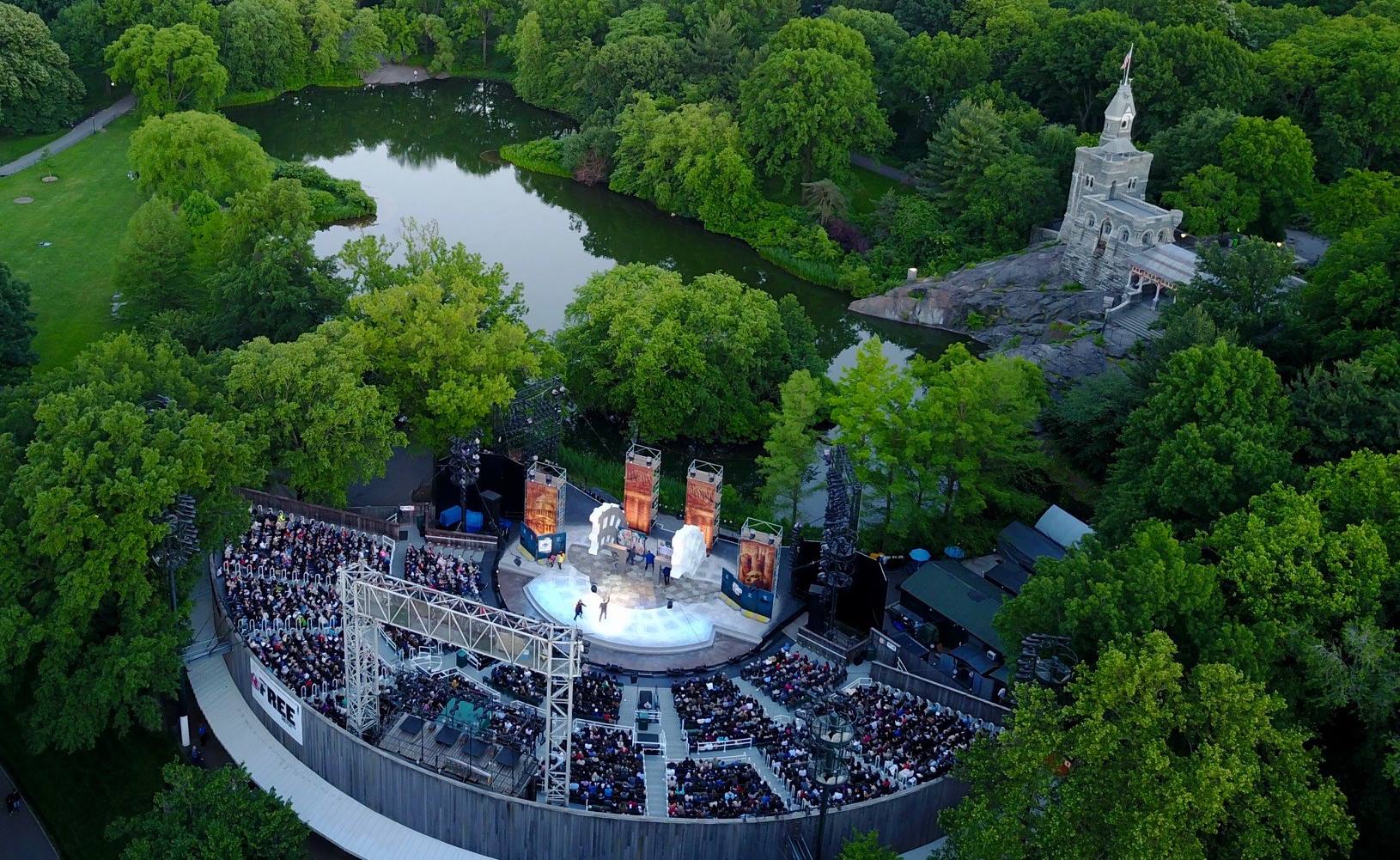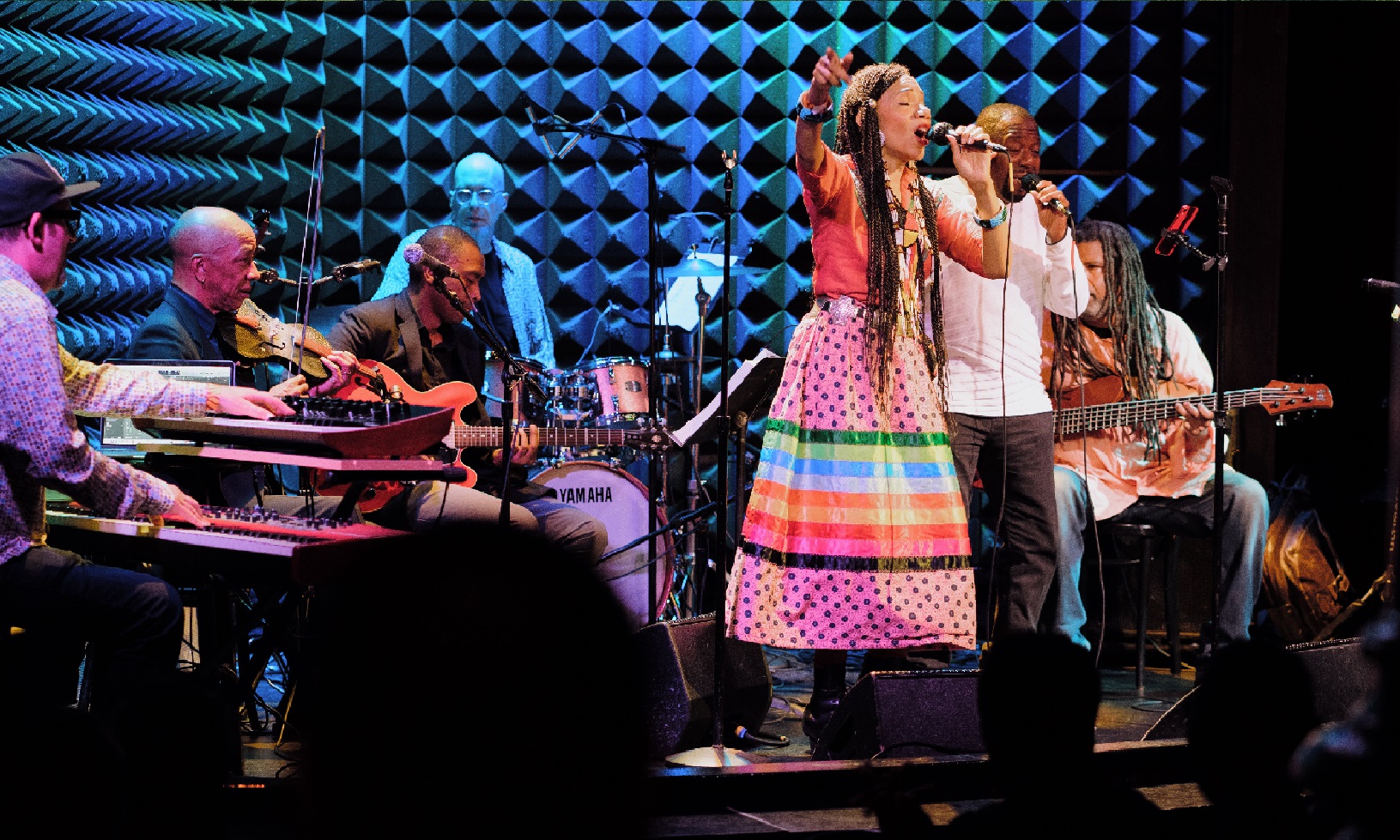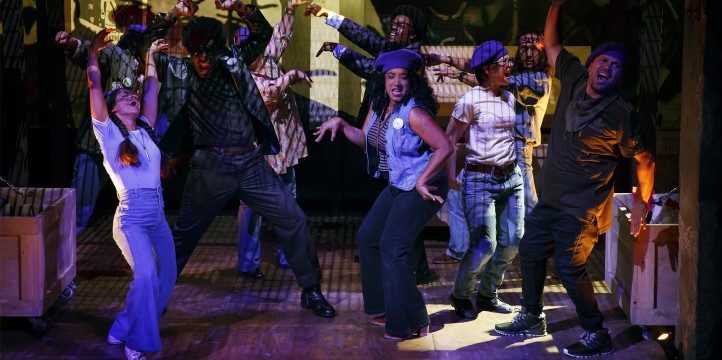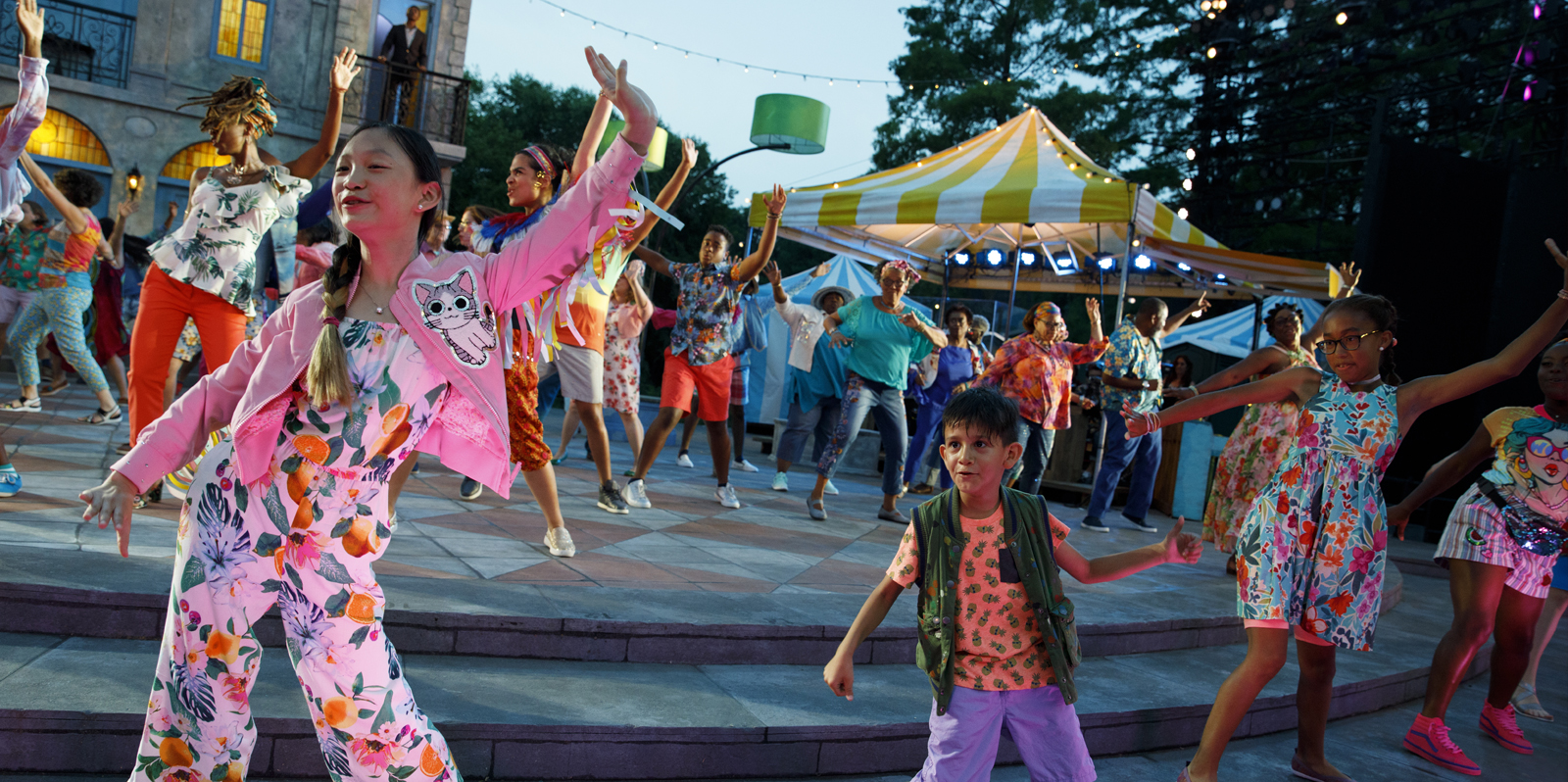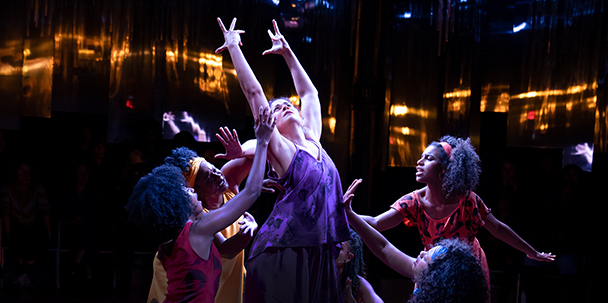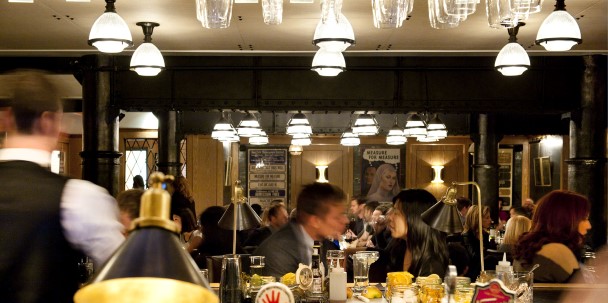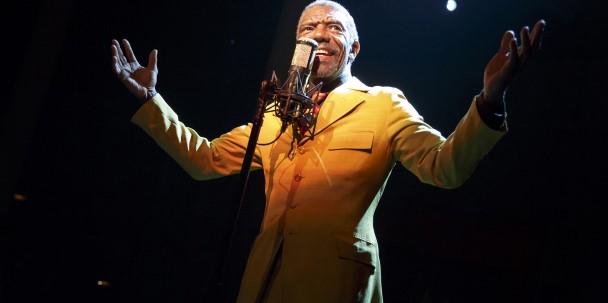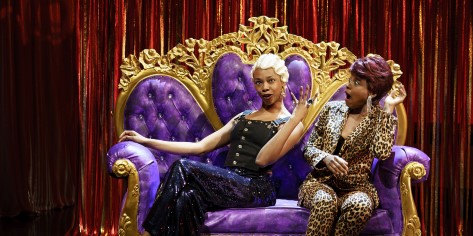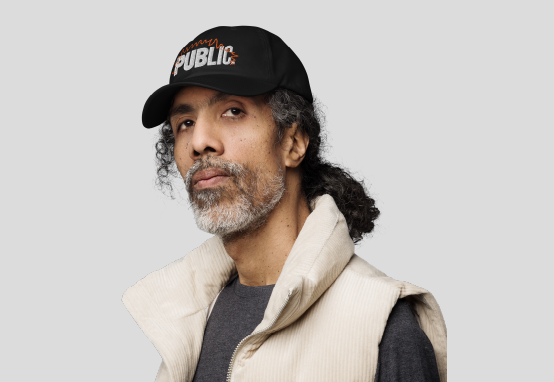THE VAGRANT TRILOGY by MONA MANSOUR encompasses three plays about a Palestinian family: The Hour of Feeling, set in 1967 London; The Vagrant, set in 1982 London; and Urge for Going, set in Lebanon in the early 2000s. Here’s a conversation between Mansour and Palestinian journalist AHMED SHIHAB-ELDIN.
لقراءة هذه المقالة باللغة العربية، اضغط هنا.
AHMED SHIHAB-ELDIN: What did you set out to write about with THE VAGRANT TRILOGY?
MONA MANSOUR: Growing up in California, most of what I heard in our home about Palestine or Palestinians was in relationship to war. There was a refugee camp near the little village where my father grew up in Lebanon. When we were kids, as the Lebanese Civil War went on, our cousins came to live with us, kind of one by one. A lot of what I heard from my Christian family was problematic [and mired] in the politics of the war. I wanted to examine what this Palestinian refugee camp that was on the edge of my father’s village, Mieh-Mieh—where people have been stuck since 1948— was like, and what that space means when you are neither here nor there.
SHIHAB-ELDIN: Stories about Palestinians and the loss of homeland are rare in the West, in part because of how politically charged the conflict is. Is there a particular message you hope audiences experience through your play?
MANSOUR: The way in which I’ve tried to approach these plays is almost trying to get past my frontal lobe with it. I’m not a policy maker. This isn’t me copping out, it’s about trying to speak to something that is almost unspeakable, which is the devastation of leaving home. It is speaking into something that I think is true of most refugees, which is that, wherever it is you are going, you probably will never be really of that place, and you won’t be of the place you left.
SHIHAB-ELDIN: The Arab-American third-culture experience is generally so narrowly portrayed in the media. Did you intentionally avoid some of those tired narratives? Was it deliberate or just a product of your own questions around your identity and your father?
MANSOUR: When I got to New York and I started to write, it was a few years after 9/11 and there had been a moment preceding me, of Arab-Americans making art and taking space. I think that is a way in which the community has affected me. I want the brown characters to be as complicated as the white characters.
SHIHAB-ELDIN: I know the play has been translated into Arabic, but even in the English version, there is a love scene in The Hour of Feeling, and the dialogue is in Arabic. Was that a purposeful decision and why?
MANSOUR: Yes! 100%. In the U.S., when people hear Arabic on a regular basis, they basically hear “Allahu Akbar,” and I grew up hearing that too. I tried to study Arabic, I’ve gone down some dead ends with classical Arabic, but I wanted people to hear real colloquial Arabic in a love scene. I also wanted to disrupt the audience’s experience, and go, Hey, this is their language!
SHIHAB-ELDIN: Your cast is all Middle-Eastern, I’m assuming that was very conscious. Why was that important to you?
MANSOUR: I like creating hard sh*t for people to do in the theater community, because why shouldn’t we be doing that? I get a lot of pleasure out of the fact that it is an entirely Middle-Eastern cast. In our rehearsal room, we are not necessarily comparing our traumas, There is definitely an exchange of stories that happen. I also feel like you cannot write a play about the human condition that does not include humor.
To learn more about Ahmed Shihab-Eldin, visit ahmedshihabeldin.com


